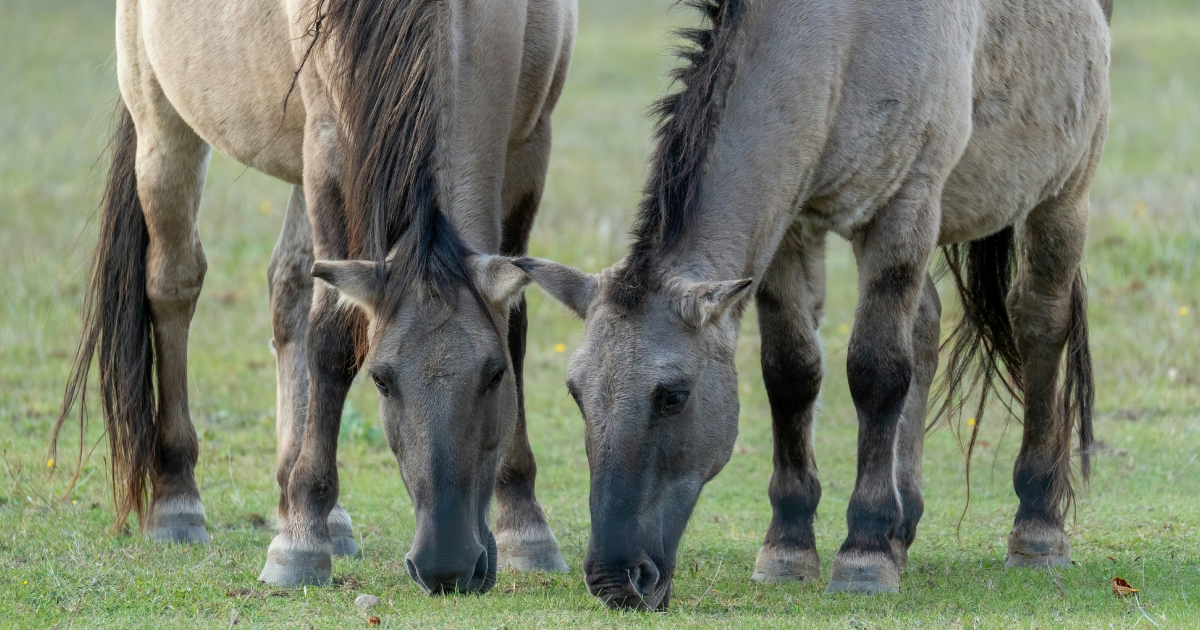SPAIN: For the first time in more than 10,000 years, truly wild horses once again roam the Iberian Highlands of central Spain. In 2023, the conservation group Rewilding Spain reintroduced Przewalski’s horses, one of the last surviving wild equine species, into the forested region of Villanueva de Alcorón to restore ecological processes that had long disappeared from the landscape.
These horses play a vital role in rebalancing the ecosystem. By grazing on dense vegetation, they help reduce wildfire risks, open up varied habitats for other species, and enrich soils through their natural behaviors. Their presence mimics the ecological influence once exerted by wild herbivores across Europe before human-driven changes altered the terrain.
The project stands out as a beacon of large-scale conservation in “empty Spain,” a term often used to describe rural areas suffering from depopulation and economic decline. By bringing back a keystone species, the initiative seeks to heal degraded landscapes while offering a model of coexistence between wildlife and people.
Local communities are also integral to the program. The rewilding effort fosters opportunities for nature-based tourism, research, and education, creating a sustainable economic lifeline that can help reverse decades of rural decline. This approach emphasizes that protecting biodiversity can go hand-in-hand with revitalizing human communities.
Ultimately, the return of Przewalski’s horses to the Iberian Highlands reflects a broader shift in conservation thinking—one that blends ecological restoration with social and economic renewal. It demonstrates how reintroducing iconic species can transform not only the land but also the prospects of the people who share it.



